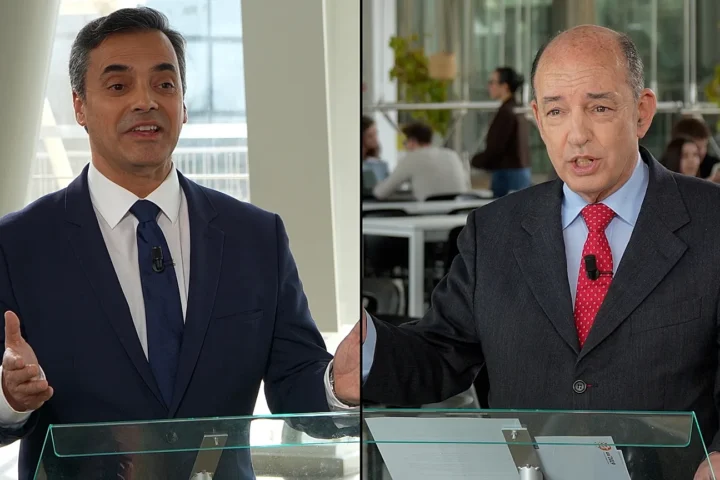Across Europe, a persistent wage gap exists between immigrant workers and their native-born counterparts. On average, immigrants tend to earn less than native workers, though the extent of this disparity varies significantly by country, sector, and individual characteristics.
Several factors contribute to this wage difference. Language barriers, recognition of foreign qualifications, and limited access to professional networks often hinder immigrants’ employment opportunities and earning potential. Additionally, immigrants are more likely to work in lower-skilled or temporary jobs, which typically offer lower pay and fewer benefits.
Economic integration policies, labor market structures, and social attitudes also play critical roles. Countries with robust inclusion programs and skills recognition systems tend to exhibit smaller wage gaps. Conversely, in places with more rigid labor markets or less support for immigrant integration, earnings disparities are more pronounced.
While progress has been made in narrowing these gaps, especially among second-generation immigrants, challenges remain. Addressing wage inequality requires targeted efforts in education, training, credential recognition, and anti-discrimination measures to ensure fair labor market access for all workers in Europe.



























